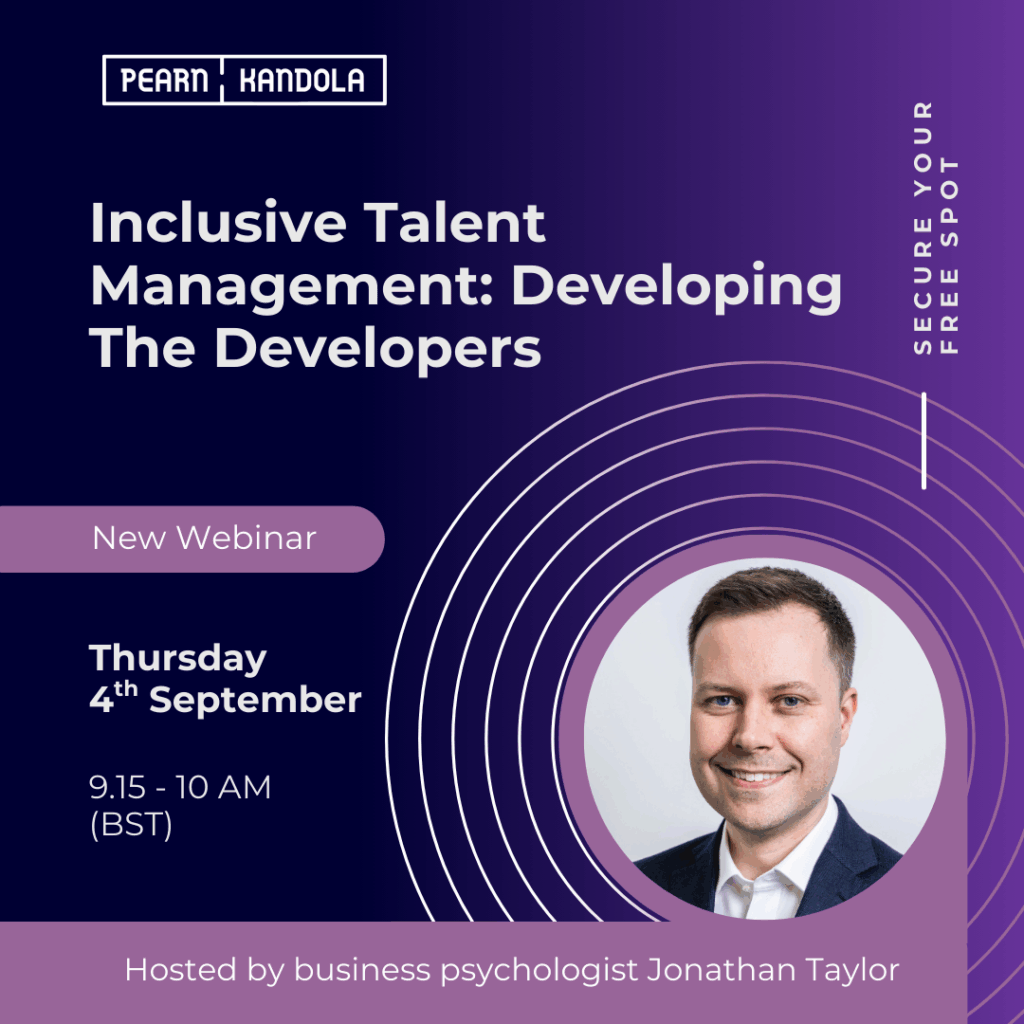Many organisations are looking at developing more effective agile working strategies to enable their people to work with more flexibility, freedom and time/cost efficiency. The immediate focus for these organisations is often on the technology and work space solutions to ensure their teams are equipped to work anywhere with WiFi and a power source.
What often gets overlooked or ignored – sometimes because it is simply too difficult – is the way that people respond and adapt to agile working. The psychology behind agile working is interesting and not at all straightforward, and so in this article I will explore some of the important findings from our own research and work with leaders in this field.
Over a period of five years we were invited, by one of the world’s leading technology companies, to get involved in researching the impact of agile and remote working on their leaders and teams.
We looked in particular at the psychological impact on team members and their leaders, as well as the performance implications and productivity. Through a series of interviews, live observation of interactions between teams that were using video and telecoms technology, as well as gathering data on the personality and attitudes of leaders and their teams, we built a picture of what it takes to be successful in an agile environment.
So, lets examine in more detail one of the key findings, which is that there are definite characteristics that enable some people to be better and more effective working in an agile environment.
While everyone is capable of working in a more agile way, we found that there are certain personality characteristics that relate to greater effectiveness and higher levels of productivity in agile and remote environments. What are these characteristics?
- Workers who demonstrate higher levels of ‘conscientiousness’ (a need for rules, regulations and structure) tend to be rated by peers as being more effective in working remotely. At the start of our research, we predicted that we would find the opposite. We believed that workers who are lower in ‘conscientiousness’ (and therefore more flexible in their interpretation of rules, more expedient and less structured) would be quicker to adapt. Instead, it is those who put in place clear and structured processes for themselves who tend to emerge as being better suited to remote working. Clearly, working in an agile way is not about constant flexibility and freedom from rules, but instead requires a great deal of organisation, personal discipline and self-control to be most effective.
- Workers who demonstrate higher levels of extroversion (those who are sociable, outgoing and talkative) are more effective in working remotely than ‘introverted’ peers (those who tend to reflect and think inwardly, and prefer space and time to reflect). Again, based on what we know about the nature of remote and agile working, we believed that those who are more introverted are likely to adapt to remote working better than those who need the stimulation of others’ company. It seems that the opposite is true. Workers who demonstrate higher levels of extroversion are also considered more effective in remote and agile working. Why is this? We would suggest that they are better at seeking others out, better at using a range of different methods to communicate, and better at proactively getting in touch with others and maintaining contact.
- In addition, our research found that those who are more effective in agile working are typically more open to new experiences and willing to experiment with new ideas and new ways of working. So no surprises there, particularly as agile working is all about finding new and different ways to achieve objectives while maximising the efficiency of time.
This is not to say that employees need to have these attributes to be effective in agile or remote working. But the findings may well help to explain why some people take to agile and flexible working more easily – and effectively – than others. They may also provide team leaders with some useful insights about the individuals in their teams, their preferences for agile working and where they may need some additional support and guidance.
For more information on Pearn Kandola’s research into agile working please contact info@pearnkandola.com







